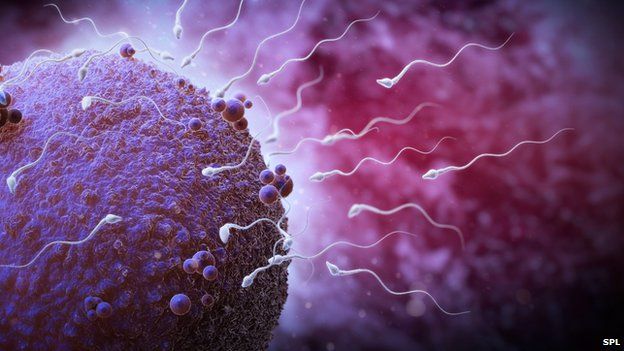The urge to reproduce is a primal force, driving life on Earth. But unlike most animals, humans seem shrouded in confusion about this fundamental process. Did cavemen fight over any woman, or did beauty play a role? Can children learn to procreate on their own? And why do we expect monogamy when nature thrives on diversity?
Untangling the Instinct:
Nature's Guide: For most animals, reproduction is hardwired. Instinctive behaviors and hormonal cues drive them towards mating, ensuring species survival. Early humans likely followed similar patterns, guided by natural urges rather than conscious knowledge.
Learning Through Observation: Observing others, including parents and peers, plays a crucial role in refining instinctive behaviors, especially in social species like humans. Even in ancient times, children could have gleaned insights from witnessing interactions within their communities.
Beyond the Basics: Human reproduction is more than just basic mechanics. Understanding anatomy, intimacy, and the emotional aspects of relationships is crucial for healthy and fulfilling experiences. This knowledge, often passed down through generations, goes beyond mere physical instruction.
Beyond Brutal Battles:
Beyond Brute Force: While competition for mates exists in many species, human mating likely wasn't solely driven by brutal fights. Factors like compatibility, social status, and mutual attraction likely played a role, even in ancient times.
Beauty Beyond Skin Deep: Attributing solely physical attractiveness to mate selection in cavemen is a simplistic view. Beauty is subjective and culturally influenced, and humans likely valued traits that contributed to survival and family well-being.
Evolving Expectations:
Monogamy: A Complex Choice: While monogamy is common in some species, it's not universal. Human societies have varied approaches to mating, influenced by cultural norms and individual choices. The expectation of lifelong monogamy may be more a social construct than a purely biological imperative.
Nature's Diversity: The vast majority of species reproduce without monogamy. Focusing solely on this aspect ignores the incredible diversity of reproductive strategies in the natural world. Understanding this broader perspective can help us appreciate the complexity of human choices.
Unveiling the Mysteries:
Human reproduction is a fascinating tapestry woven from instinct, knowledge, and cultural influences. By exploring the mysteries of nature and our own history, we gain a deeper understanding of this fundamental aspect of our lives. So, let's celebrate the wonders of this natural process, embrace its complexities, and continue to learn from the secrets whispered by nature.

